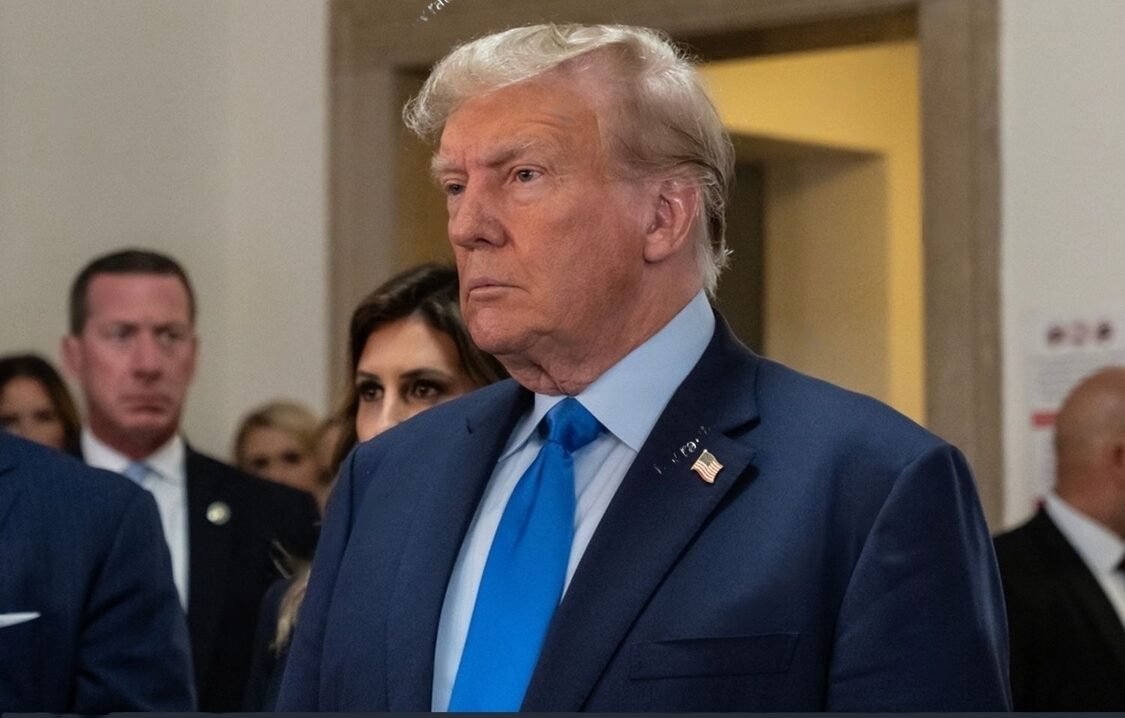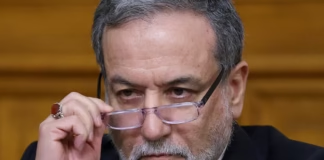If the New Hampshire primary results come in on Tuesday night looking like there is going to be one question hanging over the race for the Republican presidential nomination: Is this race over?
Former South Carolina Gov. Nikki Haley has said plainly that “the road is never going to stop here in New Hampshire.” Florida Gov. Ron DeSantis has indicated that he intends to compete for delegates at least through the month of March.
But it is hard to imagine how Haley and DeSantis continue to fund their campaigns at a competitive level, never mind convincing Republican voters and power brokers that there is a rationale to continue onward following sizable back-to-back victories for former President Donald Trump in Iowa and New Hampshire where the former president collects a majority of the votes and the delegates.
No non-incumbent Republican presidential contender has ever won both Iowa and New Hampshire. As a matter of fact, in the annals of contemporary presidential campaign history, the two individuals who have emerged victorious from both the Iowa caucuses and the New Hampshire primaries are Democrats Al Gore and John Kerry, who subsequently became their respective party’s nominees.
One statistic from the recent CNN/UNH survey sticks out as being especially instructive about this contest: when prospective GOP primary voters were questioned about the candidates’ overall favorability ratings, Trump’s rating was significantly higher than that of his rivals.
Trump scores a 56% favorable rating from likely Republican primary voters, compared with a 36% unfavorable rating. That is a net positive 20 points favorable advantage for the former president.
Haley and DeSantis are both underwater. More GOP primary voters have an unfavorable view of them than have a favorable view of them.
The relentless hammering on DeSantis by Trump and his allies for the better part of the last year and their more recent attacks on Haley have had their intended effect — more negative ratings for Trump’s two foremost rivals.
But the strategic decision by DeSantis and Haley to sharpen their criticisms of Trump only at the very end of these contests is also on display here.
The ever-present concern that attacking Trump directly would push away some of the very voters Haley and DeSantis spent much of 2023 trying to attract has left Trump’s popularity with Republicans largely unscathed, if not improved.
Perhaps there was no way for any candidate to truly chip away at Trump’s incredible bond with the majority of Republican voters, but it is also clear that not having attempted to do that for the entire year before the voting began leaves these non-Trump candidates with very limited options for a path forward.




